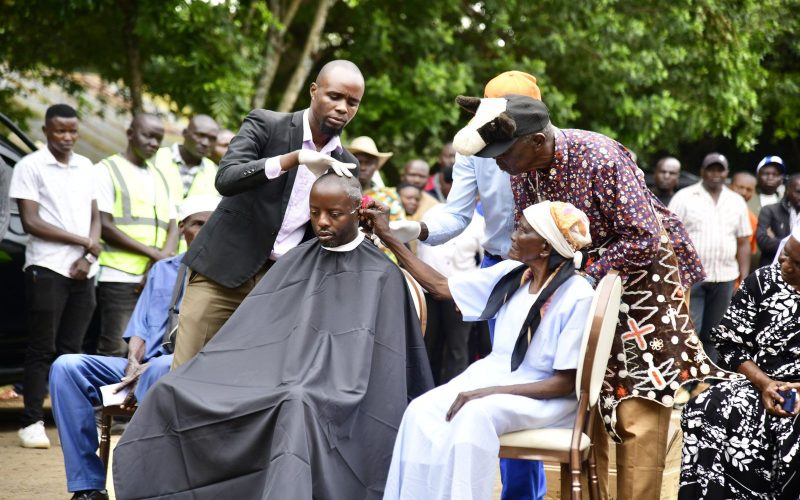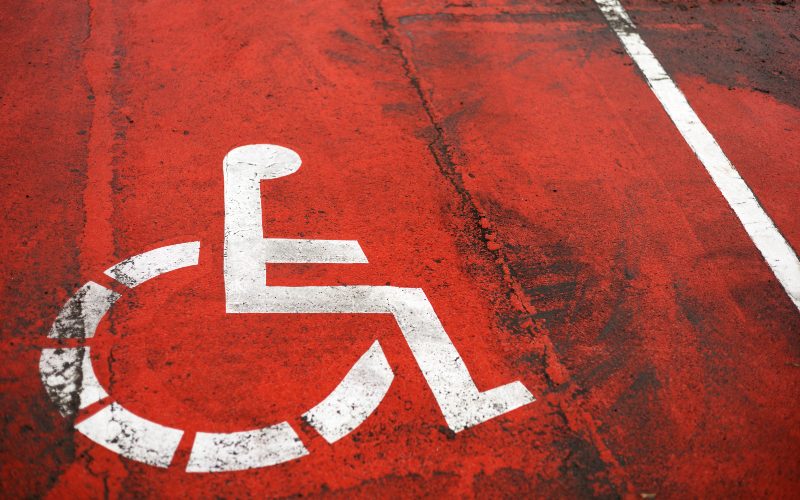French ambassador joins calls for abolishment of death penalty in Kenya

The French Ambassador to Kenya and Somalia, Arnaud Suquet, has joined a growing chorus of voices advocating for the abolition of the death penalty in Kenya.
Speaking to journalists, members of the International Commission of Jurists (Kenya Chapter), and Crime Si Poa, an organisation working to end wrongful convictions and inspire youth to avoid crime, the Ambassador highlighted the irreversible nature of capital punishment as a key reason for its abolition.
More To Read
- Student suspended, slapped with Sh16,800 fine for possessing chewing gum
- DR Congo prosecutor seeks death penalty for ex-President Joseph Kabila
- Margaret Nduta spared death penalty, to serve life sentence in Vietnam for drug trafficking
- Court of Appeal slams Kenya’s mandatory death penalty law, cites sentencing inequality
- UN urged to condemn death penalty for drug crimes as executions surge
- Supreme Court rules MPs have final authority to define what qualifies as life sentence
He pointed out that the possibility of miscarriages of justice, discovered only after the execution of an irreversible sentence, undermines the integrity of justice systems. Suquet also noted evidence suggesting that countries which have abolished the death penalty tend to experience lower crime rates, challenging its effectiveness as a deterrent.
"It also leads to the weakening of the very idea of justice. The application of capital punishment fuels a cycle of violence and suffering. It becomes part of a logic of vengeance, compromising the primary objective of justice, which is to repair and renew," Suquet said.
While Kenya retains the death penalty in its laws, it has not been enforced since 1987, when Hezekiah Ochuka and Pancras Oteyo Okumu were executed for their roles in a failed coup against the late President Daniel Moi.
Efforts to abolish the penalty have been slow, despite the Supreme Court declaring it unconstitutional in 2017. Public support for the death penalty remains significant, and the government has shown little urgency in addressing the issue.
Currently, two separate Penal Code (Amendment) Bills are before Parliament. One, introduced by Treasury Cabinet Secretary Opiyo Wandayi, seeks to replace the death sentence with life imprisonment. The other, proposed by the National Criminal Justice Committee, does not.
"This issue is dear to us not just in France but across Europe. Europe is a death penalty-free zone. There may be many things we disagree on, but one unites us: all our national systems have abolished the death penalty," Suquet said.
France is set to host the 9th World Congress Against the Death Penalty in spring 2026. Ahead of the event, it has intensified advocacy for nations to sign and ratify the Second Optional Protocol to the International Covenant on Civil and Political Rights, aimed at abolishing the death penalty.
"We hope Kenya will join the count of abolitionist countries. De facto, you are already an abolitionist nation as you do not implement the death penalty, but it remains on the statute books. There is still hope that you can take the final step," he said, appealing to civil society organisations and stakeholders to champion abolition.
The discussion coincided with International Human Rights Day and included training for journalists on the subject. The sessions aimed to equip participants with accurate knowledge to support informed reporting, provide regional and international perspectives, and bolster arguments for the abolition of capital punishment.
Death row prisoners
Pete Ouko, a former death row inmate exonerated after being wrongfully convicted, highlighted reforms in Kenya’s handling of death row prisoners.
"Twenty-six years ago, conditions were very different. Today, victims' families are consulted, and their reports are considered by judges before decisions are made. The prison service has also improved significantly, treating inmates humanely and providing opportunities for education and skill acquisition," Ouko said.
He noted, however, that many current death row inmates are young men convicted of crimes such as phone snatching, which escalated to robbery with violence charges.
"These offences, when weighed, do not merit the punishment of death. As a result, inmates on death row are now much younger than before," he added.
Julie Matheka from ICJ-Kenya called for a broader debate on whether the punishment fits the crime, pointing out discrepancies in sentencing. For example, terrorism—considered one of the most serious offences—does not attract the death penalty, while robbery with violence and murder do.
"Even closer to home, terrorism does not carry the death penalty, despite being widely regarded as one of the most heinous crimes. This shows we have progressively moved away from the death penalty," Matheka said.
She urged Kenya to follow the example of countries like Rwanda and South Africa, which have abolished capital punishment.
"We need to join our brother countries. Twenty African nations have already abolished the death penalty. Kenya should not remain isolated," she concluded.
Top Stories Today











































